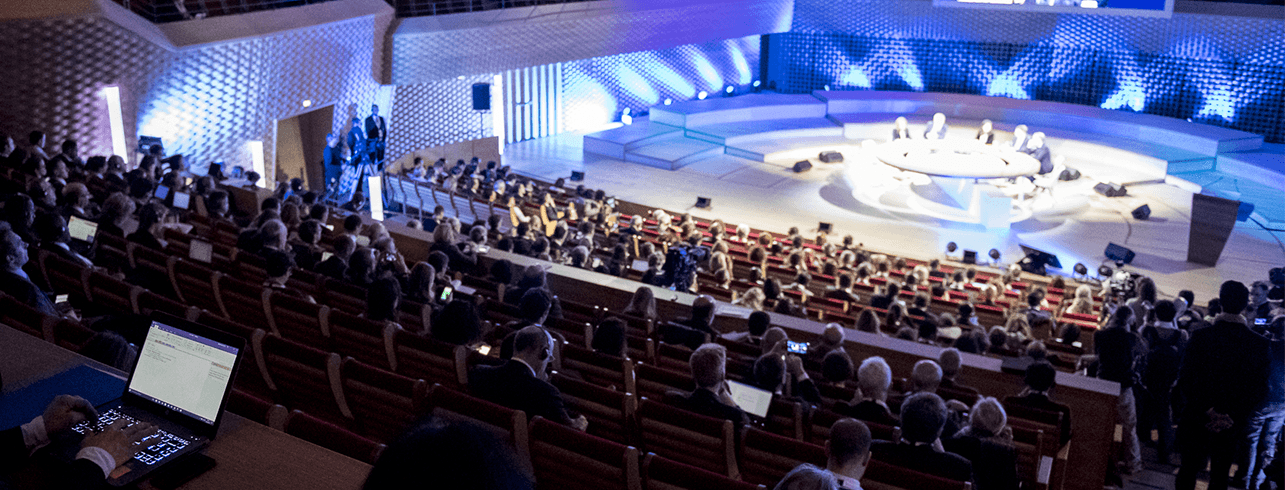
Development banks are working on the ground and supporting the financing of infrastructures and projects in the most fragile countries and emerging economies. By taking into account the sustainability criteria and redirecting their funding, they can have a decisive role in the fight against climate change.
$35,2bn
of climate finance reported by MDBs in 2017 in developing and emerging economies, an increase of 28% from 2016, including $7.4bn for adaptation.
$196bn
of climate finance reported by IDFC in 2017 worldwide, a 23% increase from 2016, including $10bn for adaptation.
Announcements
Joint declaration between IDFC and multilateral development banks to align with the Paris Agreement, committing to:
- Support the Principles of Mainstreaming Climate Action;
- Redirect financial flows towards lowcarbon and climate-resilient sustainable development;
- Mobilize private sector;
- Advance processes, tools, knowledge sharing, quality and transparency of climate finance data;
- Collaborate with national and subnational governments to reduce GHG emissions and increase renewables
- Develop policy-enabling environment and build capacity for climate action;
- Support 2020 climate action and long-term decarbonization.
Accomplishments
- MDB climate finance combined with co-financing from other investors reached $86.9bn in 2017 in developing and emerging economies, of which climate finance mobilized from the private sector was $21.8bn.
- MDBs committed $9.2bn for renewable energy in 2017, an increase of 49% from 2016.
- IDFC members dedicated 80% of their climate finance in 2017, to support projects, programs and policies in developing and emerging countries.
- IDFC’s climate finance is steadily increasing since 2015, at a rate of 20% per year. Adaptation finance has doubled in 2017 compared to 2016.

